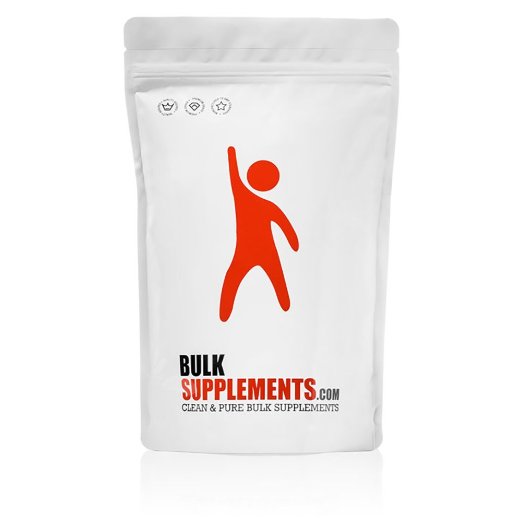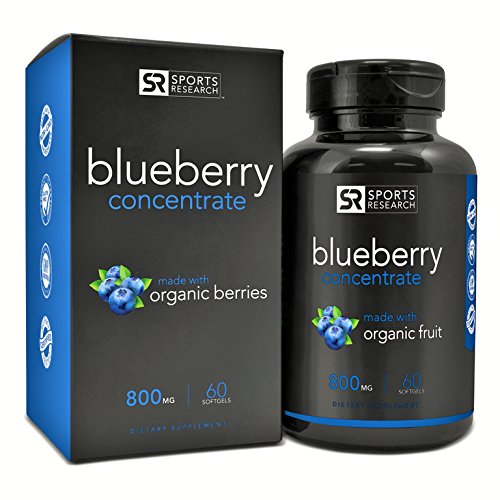Blueberry Supplementation Improves Memory in Older Adults

Eating blueberries may improve thinking and memory skills in older adults with mild cognitive impairment (MCI), new research suggests.
“There is a very large, basic-science literature ― molecular studies, cellular studies, and animal studies ― that demonstrates cognitive enhancement with blueberries, but there are only just a few human studies to date,” said lead researcher Robert Krikorian, PhD, University of Cincinnati Academic Health Center, in Ohio.
He presented results of two human blueberry studies March 13 at the 251st National Meeting and Exposition of the American Chemical Society (ACS), in San Diego, California.
Memory, Well-being Boost
In one study, 47 adults aged 68 years and older with MCI were randomly allocated to consume a freeze-dried blueberry powder equivalent to a cup of blueberries or a placebo powder once a day for 16 weeks. The researchers carried out pre- and postintervention cognitive tests on all participants and brain imaging in a subset.
“There was improvement in cognitive performance and brain function in those who had the blueberry powder compared with those who took the placebo,” Dr Krikorian reported.
The cognitive tests included a verbal list–learning task, a simple paper-and-pencil line drawing motor task, a visual-spatial memory task that involved nonverbal information, and a semantic access task. In the blueberry group, there was a significant 72% improvement in semantic access and a 13% improvement in visual-spatial memory, Dr Krikorian told Medscape Medical News. “And we had marginal effects for the other tests ― that is, trends that were close to significant but didn’t reach significance.
“In addition, we found that the blueberry-supplemented subjects showed increased activation in certain regions of the left hemisphere of the brain, and that did not occur with placebo-powder subjects,” he said.
The other study included 94 adults aged 62 to 80 years who had complaints concerning subjective memory. They were randomly allocated to receive the blueberry powder, fish oil, fish oil plus the blueberry powder, or placebo for 24 weeks.
“This study was of similar design but involved a larger population of older adults with normal cognitive function, and the supplementation period was 24 weeks as opposed to 16. The findings weren’t as robust in this study,” Dr Krikorian said, perhaps because these patients had less severe cognitive problems when they entered the study.
“The other interesting result was that the blueberry-supplemented participants felt they were performing better in their everyday lives. They had a better sense of well-being and were making fewer memory mistakes and were less inefficient than they had been relative to those that received the placebo powder,” he noted.
The beneficial effects of blueberries could be due to the presence of anthocyanins, flavonoids shown to improve cognition in animals, Dr Krikorian said.
“It’s important to do this work and for other programs as well to replicate what we are finding,” he noted. “And we need to know much more about the mechanisms of action and the proper dose and intervention period. There are a host of questions that have to be answered with human research.”
Read more on:Medscape Medical News
Blueberries could help your child do better in school
Researchers from Reading University found that wild blueberry juice helped to improve memory and concentration in primary school-age children.
Professor Claire Williams conducted a series of cognitive tests on 21 boys and girls on three different occasions – after drinking sugary water, after a medium strength blueberry drink, and then again after a high strength drink.
he found that when they drank the fruit drinks, they performed better on tests that involved recalling words and tasks that required them to ignore distractions.
The children got the best results after drinking the high strength drink, which contained the equivalent of a cup and a half of wild blueberries.
Williams attributed the success of the blueberries to the concentration of anthocyanins – brain-boosting organic compunds – in the fruits.
Writing in the European Journal of Nutrition, Williams said: “We have known for some time that anthocyanins promote healthy brain function in adults, but now we can see the beneficial effects of anthocyanins on a variety of memory and attention tasks in children.
“This study suggests a strong link between wild blueberry intake and enhanced cognition in kids.”
She now hopes to study whether blueberries can aid reading development and benefit children who have ADHD and hopes to find “equally impressive” results.
Kit Broihier, nutrition advisor at the Wild Blueberry Association of North America added: “We have long known that wild blueberries have enormous nutritional value, and their consumption has shown benefits in older people.
“Now we can see that wild blueberries may also provide cognitive benefits to young people. And it’s easy for parents to integrate wild blueberries into their childrens’ diets by simply adding them into a morning smoothie.”
Source:The Telegraph
Here are some great Blueberry supplements choices:










